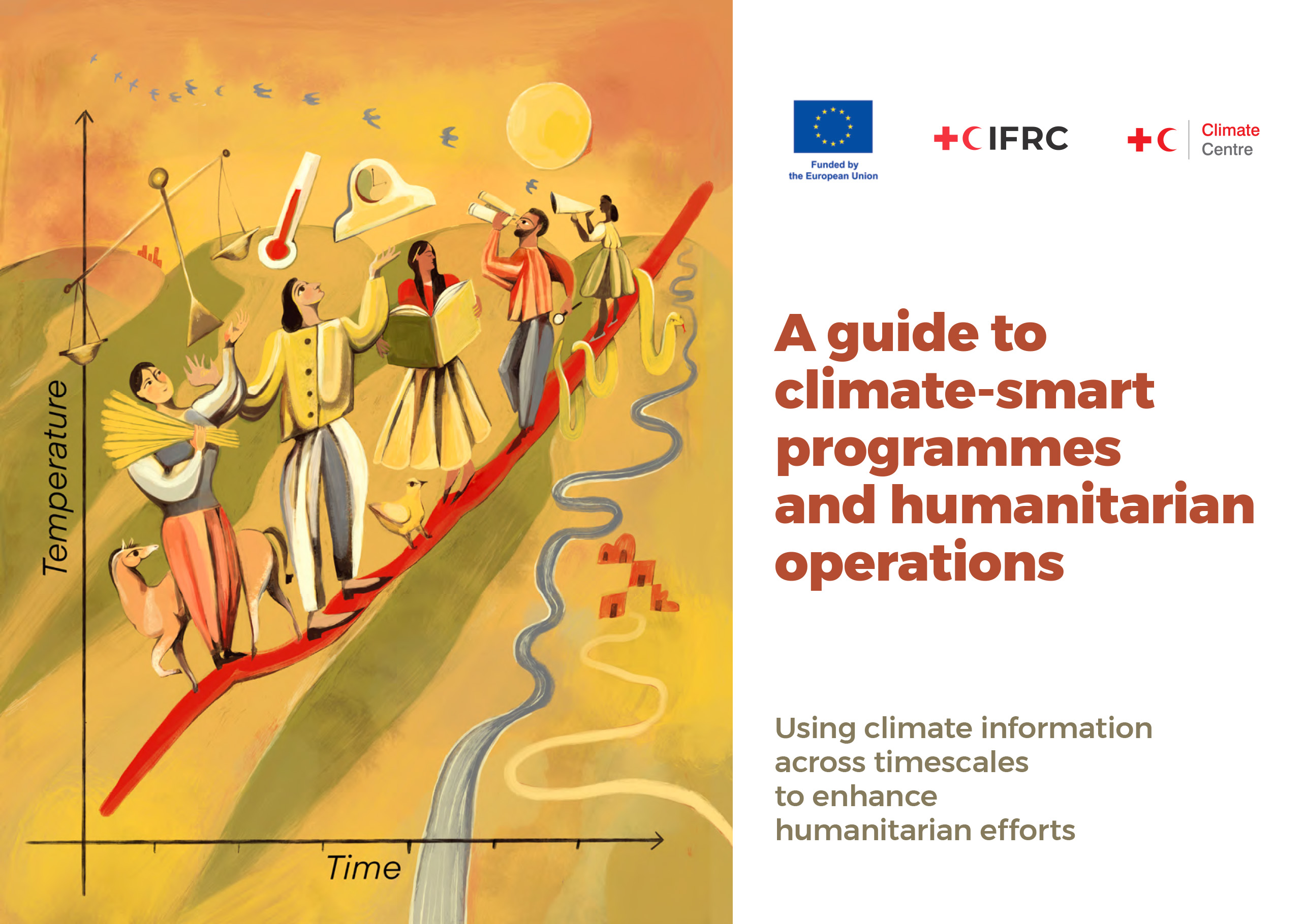
This guide lays out a pathway for national societies to make their work climate-smart, starting with climate risk assessments, activity screening, and planning that draw on climate data and partnerships. These first steps not only strengthen humanitarian programmes but also create a foundation for locally led adaptation initiatives that help communities anticipate, absorb, and adapt to climate impacts. By scaling this approach—whether through light-touch entry points or deeper assessments—national societies can become stronger, more credible leaders in advancing national adaptation agendas and tackling the climate crisis.